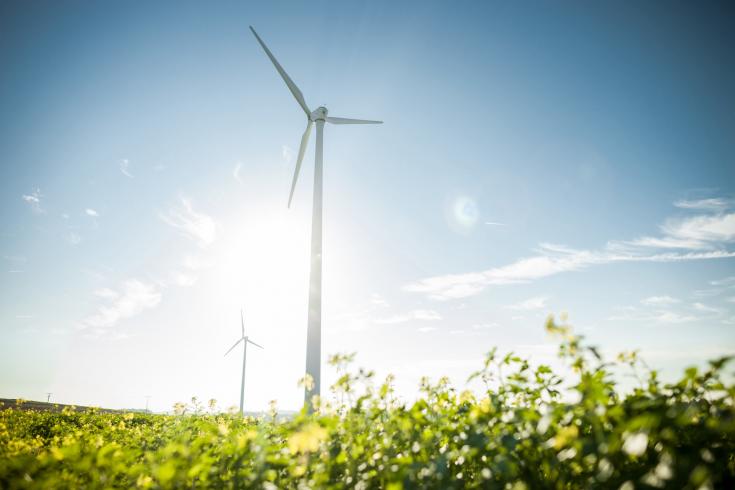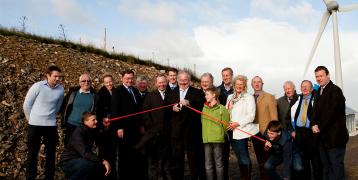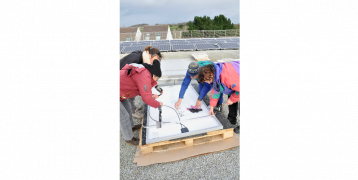Empowering Citizens for Energy Communities
Europe’s transition to a climate-neutral continent by 2050 will require all hands-on-deck, with stakeholders pooling resources and skills to make the most of opportunities in the low-carbon economy.
Renewable energy communities are emerging as the preferred model of co-operation between citizens, civil society, social entrepreneurs, public authorities, and community organisations, enabling them to have access to clean energy, while also:
- creating jobs,
- boosting skills,
- developing the local economy,
- reducing energy poverty,
- enhancing community cohesion.
Energy Communities will be a key tool in the fight against climate change and need to be driven from the bottom-up. However, regional authorities can support the emergence of energy communities by providing the right framework, enabling access to financing, expertise, and advice, and ensuring that regulatory issues can be easily understood and navigated.
This policy brief will explain background issues related to renewable energy communities and provide good practices and guidance drawn from the Interreg Europe community.
Explore
Empowering Citizens for Energy Communities
Featured Interreg Europe good practices
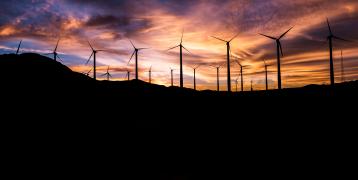
Oldham Community Power
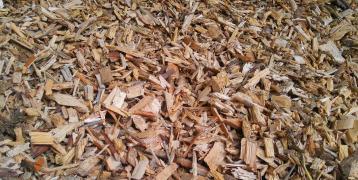
Eno Energy Cooperative


